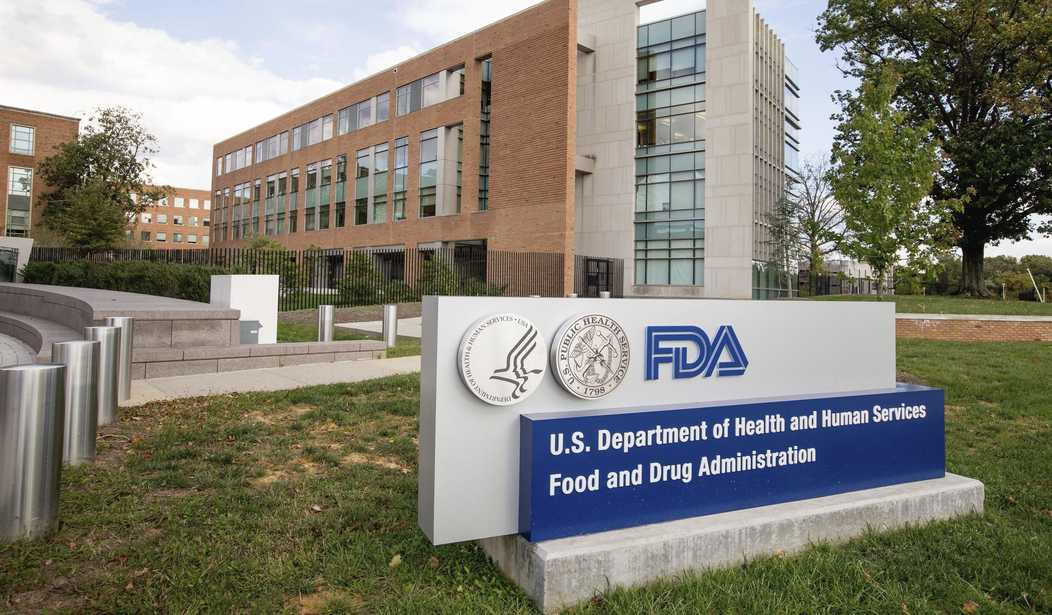The Food and Drug Administration is in damage control mode following a series of self-inflicted mishaps ranging from the baby formula crisis to the backlash generated following its many proposed changes to tobacco policy.
Less than a month after hiring an MSNBC talking head to assist with the agency’s public messaging efforts, the FDA announced it was commissioning a review of its food and tobacco programs as criticisms mount. The review, to be carried out by the independent Reagan-Udall Foundation, will examine the department’s operations as FDA Commissioner Robert Califf pushes for expanded authorities despite ongoing missteps.
Similar to other blame-shifting efforts by the Biden Administration, the agency is quick to ascribe policy failures to messaging missteps. Amid skyrocketing violent crime rates, record inflation, and an ongoing humanitarian crisis at the U.S. southern border, it’s little wonder why the White House is attempting to deflect from negative coverage with shiny object proposals like a blanket menthol ban and reduced nicotine levels in cigarettes.
One problem with this approach: It is not based on science! Instead, these measures serve as political moves meant to distract from the Biden Administration’s inability to score wins with its base ahead of what’s expected to be a wipeout midterm election for Democrats.
As Holman W. Jenkins, Jr. recently noted in The Wall Street Journal, the agency’s plans to progressively reduce the nicotine in cigarettes will only push smokers “to light up more often and puff harder to get the desired nicotine hit.” Its Juul ban, meanwhile, drives “from the market the most popular consumer product that allows people to consume nicotine without the side effects of smoking.”
This isn’t just anecdotal. According to Public Health England, the British equivalent of the Centers for Disease Control (CDC),
“E-cigarettes are 95% less harmful to your health than normal cigarettes.” This is largely because the tar and toxic chemicals that are released from burning tobacco when you smoke cigarettes are what causes cancer—not nicotine. Other studies, meanwhile, have shown vaping can help smokers quit tobacco altogether. Unfortunately, as Americans saw during the coronavirus pandemic, many so-called “public health” mandates implemented by the current administration are driven by politics, not data or science.
Bizarrely, these policies disproportionately target African American and lower-income communities—both of which the White House has vowed to protect—with the threat of persecution or worse health outcomes. According to the CDC, roughly 85 percent of Black smokers prefer menthol cigarettes, compared with less than 30 percent of white smokers. This imbalance sets Black communities up for more violent interactions with police despite pledges from President Biden to stamp out “systemic racism in our criminal justice system and in our institutions more broadly.” I recently gave an editorial on my radio show on the FDA’s proposed menthol ban:
The credibility of the FDA has been on the line for well over a year, with only 37 percent of Americans saying they had a lot of trust in the agency in May 2021. The latest moves by the Biden Administration to target tobacco products amid a series of unrelated policy failures are sure to reduce this number further. With inflation hitting double digits across the U.S. amid looming economic turmoil, Biden’s decision to turn his attention to banning menthol cigarettes and Juul devices is not only politically imprudent but ethically repugnant.













Join the conversation as a VIP Member